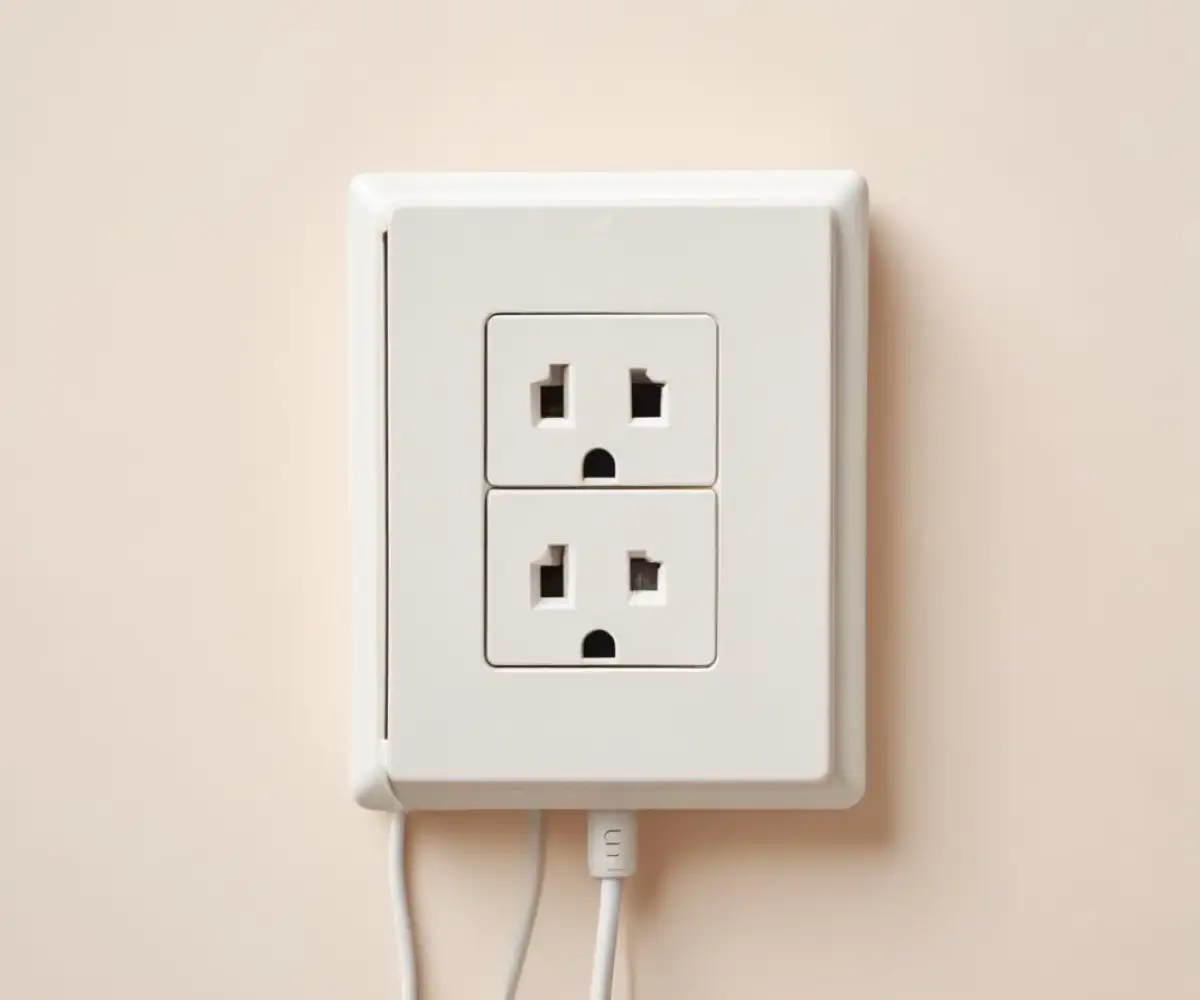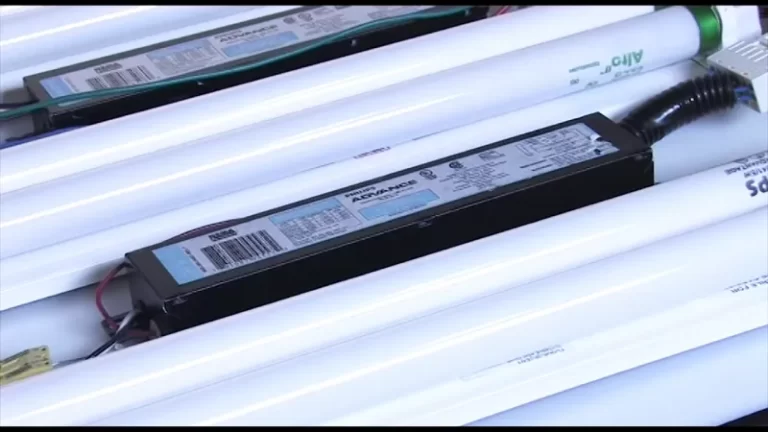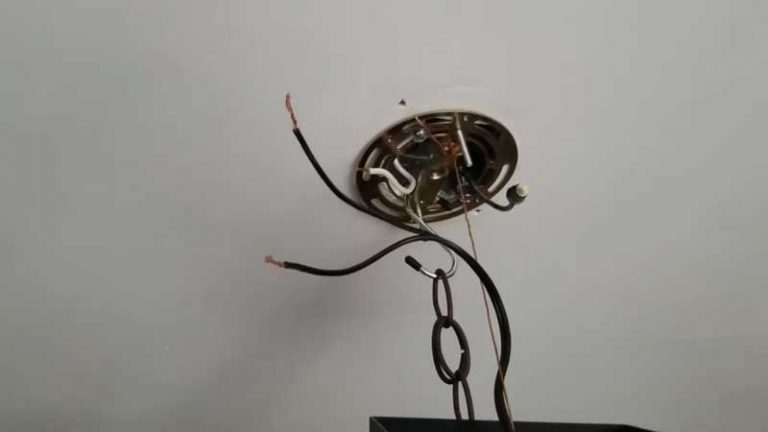Black Pepper Smell in House? It Could Be an Urgent Fire Warning
You notice a strange, sharp smell in a room. It’s not food, and it’s not coming from outside. It smells distinctly like black pepper, and it’s unsettling.
This peculiar odor is more than just a nuisance; it can be a critical warning sign of a dangerous electrical fault hidden within your walls. Ignoring it could have devastating consequences.
You'll Learn About
The #1 Most Dangerous Cause: Overheating Electrical Components
The most alarming cause of a black pepper smell is an overheating electrical system. When wires, outlets, switches, or circuit breakers become overloaded or faulty, the protective plastic and rubber insulation begins to burn.
This process releases small amounts of ozone and other chemicals, which combine to create a distinct, acrid odor often described as spicy or peppery. This is a direct precursor to an electrical fire.

How to Identify an Electrical Source
A peppery smell from an electrical fault requires immediate action. Do a cautious walkthrough of your home, paying close attention to all electrical points. Do not touch anything that appears damaged.
Look for other tell-tale signs, including outlets or switch plates that are warm to the touch, visible scorch marks or discoloration, or a faint buzzing or crackling sound. The smell may be strongest near a specific outlet or appliance.
Your Immediate Safety Steps
If you suspect an electrical issue is causing the smell, your safety is the top priority. Go to your electrical panel and shut off the breaker to the affected area immediately.
Once the power is cut, unplug all devices from the outlets in that room. Contact a licensed electrician without delay. Do not use the circuit until it has been inspected and declared safe by a professional.
Could Your HVAC System Be the Culprit?
Your home’s heating, ventilation, and air conditioning (HVAC) system is another common source of burning or spicy odors. The system contains powerful motors and numerous electrical components that can fail.
An overheating blower motor, a malfunctioning capacitor, or frayed wiring within the unit can produce a peppery smell as components burn. This odor will then be efficiently distributed throughout your entire home by the ductwork.
HVAC Troubleshooting Clues
If the black pepper smell is strongest near your air vents or appears when the system kicks on, the HVAC unit is a likely suspect. Other signs of an issue include strange noises from your furnace or AC unit or reduced airflow from the vents.
A dirty or severely clogged air filter can also cause the system to overwork and overheat, potentially creating a burning odor. While a strange odor from your air conditioner can have many causes, such as when your AC smells like farts, a peppery or burning scent points specifically to heat-related mechanical or electrical failure.
Uninvited Guests: Do Pests Cause a Black Pepper Smell?
While less common, certain pest infestations can produce unusual odors. The metabolism, waste, and pheromones of some insects can create smells that might be perceived as peppery or spicy.
For instance, some species of cockroaches emit aggregation pheromones that have a distinct odor. Similarly, large infestations of bed bugs are sometimes reported to have a coriander-like or musty-sweet smell, which could be interpreted as peppery by some individuals.
Where to Look for Pests
If you suspect pests, check in dark, undisturbed areas of your home. Look behind appliances, under sinks, in the back of cabinets, and along baseboards for signs like droppings, shed skins, or the insects themselves.
A professional pest control expert can help you accurately identify the pest and determine if it is the source of the odor. Effective extermination will be necessary to eliminate the problem.
A Comprehensive Troubleshooting Guide
When you detect a black pepper smell, a systematic approach can help you narrow down the cause safely and efficiently. Use the table below to guide your investigation.
| Potential Cause | Key Indicators & Clues | Recommended Action |
|---|---|---|
| Electrical Fault | Smell is localized to an outlet, switch, or appliance. Visible scorch marks or discoloration. Outlet is warm to the touch. Flickering lights or buzzing sounds. | IMMEDIATE ACTION: Turn off the corresponding circuit breaker. Unplug all devices. Call a licensed electrician immediately. |
| HVAC System Issue | Smell comes from air vents and appears when the system runs. Reduced airflow. Unusual noises from the furnace or AC unit. | Turn off the HVAC system at the thermostat and the breaker. Check and replace the air filter if it’s dirty. Call an HVAC professional for inspection. |
| Pest Infestation | Odor is persistent and stronger in specific areas like kitchens, bathrooms, or behind furniture. Visual signs of pests (droppings, shells, etc.). | Inspect dark, secluded areas for signs of pests. Contact a professional pest control service for identification and removal. |
| Other Appliance Malfunction | Smell is concentrated around an appliance with a motor (e.g., refrigerator, washing machine, dishwasher) only when it’s running. | Unplug the suspected appliance immediately. Do not use it until it has been inspected by a qualified appliance repair technician. |
How to Eliminate the Lingering Odor for Good
Once you have identified and safely resolved the underlying cause of the black pepper smell, you may still have a lingering odor in your home. Getting rid of it requires a few simple steps.
First, ventilate the area thoroughly by opening windows and using fans to circulate fresh air. Cleaning hard surfaces with a mixture of vinegar and water can help neutralize odor molecules. For persistent smells, placing bowls of activated charcoal or baking soda around the room can help absorb what remains.
Unusual household odors can come from many sources, and tackling them often requires a specific approach. Whether it’s a strange garage smell like rotten eggs or even when your drywall smells like urine, identifying the source is always the first step to a fresh-smelling home.
When Phantom Smells Could Be a Factor
In very rare cases, if the smell cannot be detected by others and all potential sources have been ruled out by professionals, you may be experiencing phantosmia (phantom smells). This is a medical condition where you detect odors that aren’t actually there.
This is a diagnosis of exclusion, meaning it should only be considered after every possible environmental cause has been thoroughly investigated. If you find yourself in this situation, a consultation with a medical professional is recommended.
Frequently Asked Questions
Why does my house suddenly smell like black pepper?
A sudden black pepper smell could be from cooking, but if it’s persistent, it might be a sign of hidden mold, which can sometimes have a peppery or musty scent. In some cases, it could also be related to electrical problems where overheating components emit a peppery odor. If you can’t find a source, it’s also possible you’re experiencing phantosmia, an olfactory hallucination where you smell things that aren’t there.
Is the smell of black pepper in my house harmful?
The smell itself isn’t harmful, but its source could be. If the odor comes from mold, it can cause respiratory issues and allergies. An electrical issue presenting as a peppery smell is a fire hazard and should be addressed immediately.
How can I find the source of the black pepper smell?
Start by checking for any obvious sources, like spilled pepper in the kitchen. If none are found, inspect damp areas like basements, bathrooms, and under sinks for any signs of mold or mildew. You should also check electrical outlets and appliances for any signs of overheating.
What should I do if I suspect the smell is from mold?
If you find mold, it’s important to address the moisture problem to prevent it from returning. For small areas, you can clean it with a vinegar and water solution. For larger infestations, it is best to contact a professional mold remediation specialist.
How can I get rid of a lingering black pepper smell?
To eliminate odors, improve ventilation by opening windows and using fans. Placing bowls of white vinegar or coffee grounds around the house can help absorb smells. Boiling lemon peels and cinnamon sticks can also help freshen the air.
When should I be concerned about smelling black pepper?
You should be concerned if the smell is persistent and you cannot locate the source. If you suspect an electrical issue, turn off the circuit breaker to the affected area and call an electrician. If you are worried about mold or continue to experience the smell without a discernible cause, it is advisable to consult professionals to ensure your home is safe.
Preventing Future Odor Problems and Hazards
Proactive maintenance is the best way to prevent dangerous odors and the hazards they signal. Schedule an annual inspection of your electrical system with a qualified electrician to catch potential issues before they become critical.
Have your HVAC system serviced by a professional once a year. This includes cleaning components, checking electrical connections, and ensuring the motors are in good working order. Regularly replacing your air filter every 1-3 months is also crucial for preventing overheating.
Finally, maintain a regular pest control schedule and keep your home clean and free of food debris that can attract insects. By taking these preventative steps, you can ensure your home remains safe, healthy, and free of mysterious, alarming smells.


